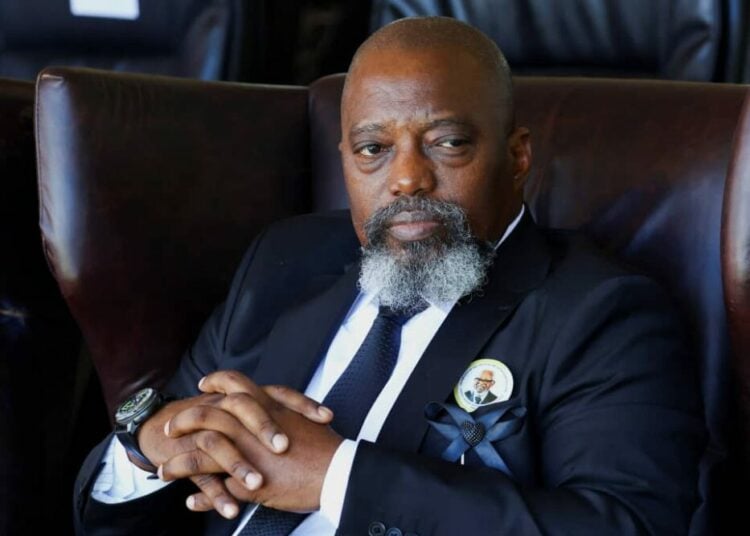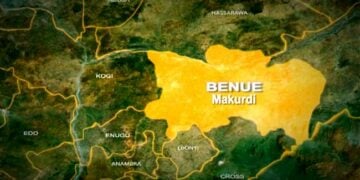Former Democratic Republic of Congo (DRC) president, Joseph Kabila, has been sentenced to death in absentia by a military court in Kinshasa after being found guilty of war crimes, treason, and crimes against humanity.
The ruling, delivered on Tuesday by Lieutenant-General Joseph Mutombo Katalayi, linked Kabila to the resurgence of the M23 rebellion in eastern Congo, allegedly backed by Rwanda.
“In applying Article 7 of the Military Penal Code, it imposes a single sentence, namely the most severe one, which is the death penalty,” Katalayi declared while pronouncing the judgment.
The tribunal found Kabila guilty of murder, sexual assault, torture, and insurrection. He was also ordered to pay about $50 billion in damages to the state and victims.
Kabila, who ruled Congo from 2001 to 2019, did not attend the proceedings and had no legal representation. His whereabouts remain unclear, though he has been reported to reside in South Africa since 2023. He was last seen publicly in May in Goma, a rebel-held city in eastern Congo. Neither he nor his aides were immediately available for comment.
The verdict is likely to deepen political and social divisions in the mineral-rich central African nation, which has been plagued by decades of armed conflicts and instability.
Kabila, who stepped down in 2019 following mass protests against his extended stay in power, initially struck a power-sharing agreement with his successor, President Félix Tshisekedi. However, relations between the two men quickly deteriorated.
Tshisekedi has repeatedly accused his predecessor of backing the M23 rebellion. Speaking at the Munich Security Conference in February, he alleged that “Kabila had sponsored the insurgency” as the group advanced on Bukavu, Congo’s second-largest eastern city.
The M23 rebel group currently controls large parts of North Kivu and South Kivu provinces. Fighting this year alone has claimed thousands of lives and displaced hundreds of thousands. Although a U.S.-brokered peace deal was signed in June, both sides continue to accuse each other of violating the agreement.
Rwanda, often accused of backing M23, has denied the allegations, insisting its forces only act in self-defence against Congolese troops and Hutu militias linked to the 1994 Rwandan genocide.
In the wake of the court ruling, Tshisekedi’s government has moved to suspend Kabila’s political party and seize assets belonging to its top leaders.






